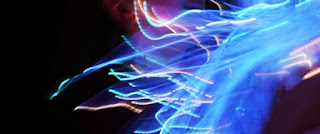Researchers at the University of Cambridge have identified an entirely new class of materials that could allow lithium-ion batteries to charge faster and deliver higher power performance—and at lower costs—than the nanoparticles used in battery electrodes.
This new class of materials—known as niobium tungsten oxides—could allow not only our smartphones to charge in minutes but could also make higher-power batteries that charge faster and more safely than those used in today’s EV and energy storage systems - thus potentially overcoming the battery barrier to mass adoption of EVs and solar power.
The materials that researchers have identified have excellent lithium transport rates that could help scientists and battery designers to create a super-fast charging battery, the researchers said in a paper published in the journal Nature.
Niobium tungsten oxides are also safer than graphite used for the negative electrodes in lithium-ion batteries, the researchers say. Charged at high rates, graphite tends to form metal fibers that can create a short circuit and cause the batteries to catch fire and even explode.
In addition, the niobium tungsten oxides could keep costs lower than those associated with the nanoparticles that researchers have been trying to put into batteries in their effort to make everything smaller so that the lithium ions have to travel a shorter distance, according to the paper’s authors.
Read more at A New Material that Could Create Super Batteries

No comments:
Post a Comment